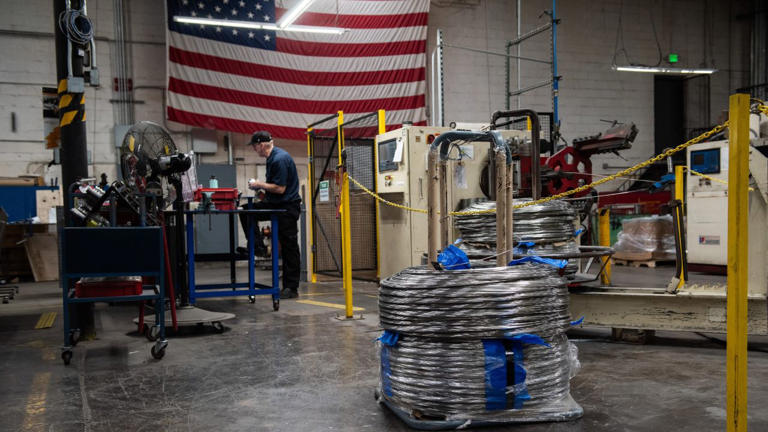The shareholder approval of the $14.1 billion acquisition of U.S. Steel by Nippon Steel, a Japanese-owned entity, represents a pivotal moment in the trajectory of both companies and the broader steel industry. With an overwhelming majority of U.S. Steel shareholders supporting the merger, it underscores a widespread recognition of the potential benefits and strategic rationale behind the deal.
David Burritt, the President and CEO of U.S. Steel, articulated that sentiment by expressing gratitude for the resounding support from shareholders. He emphasized the belief that this transaction will not only fortify U.S. Steel but also enhance the competitiveness of the domestic steel sector overall. The acknowledgment of the compelling rationale behind the merger speaks volumes about the perceived advantages that Nippon Steel brings to the table, including increased financial investment and access to advanced technologies.
Takahiro Mori, Vice Chairman of Nippon Steel, echoed Burritt’s sentiments by thanking U.S. Steel shareholders for their endorsement of the merger. Mori emphasized the shared objective of safeguarding and bolstering U.S. Steel’s position within the American market. This commitment, underscored by Nippon Steel’s advanced technologies and financial resources, suggests a strategic alignment aimed at not only preserving but also enhancing U.S. Steel’s capabilities and competitiveness.
However, despite the resounding support from shareholders, significant challenges lie ahead in the form of regulatory scrutiny and political opposition. The involvement of the Justice Department and the Committee on Foreign Investment in the United States (CFIUS) reflects the complex regulatory landscape surrounding such high-profile mergers, especially those involving foreign entities.
Political figures, including President Biden and former President Trump, have raised concerns about the merger’s implications for national security and employment in the steel industry. This highlights broader debates about protecting domestic industries and ensuring economic resilience in the face of global competition.
Moreover, the opposition voiced by key stakeholders such as the United Steelworkers Union, endorsed by President Biden, underscores the concerns surrounding potential job losses and the socio-economic impact on communities dependent on the steel industry. Such sentiments reflect a broader discourse on the balance between economic globalization and safeguarding domestic interests.
Ultimately, the fate of the merger will be determined by the outcome of regulatory reviews, the resolution of political tensions, and the ability of the involved parties to address stakeholders’ concerns. As such, the approval from shareholders marks just one milestone in a journey fraught with complexities and uncertainties, with the potential to reshape the landscape of the global steel industry.
